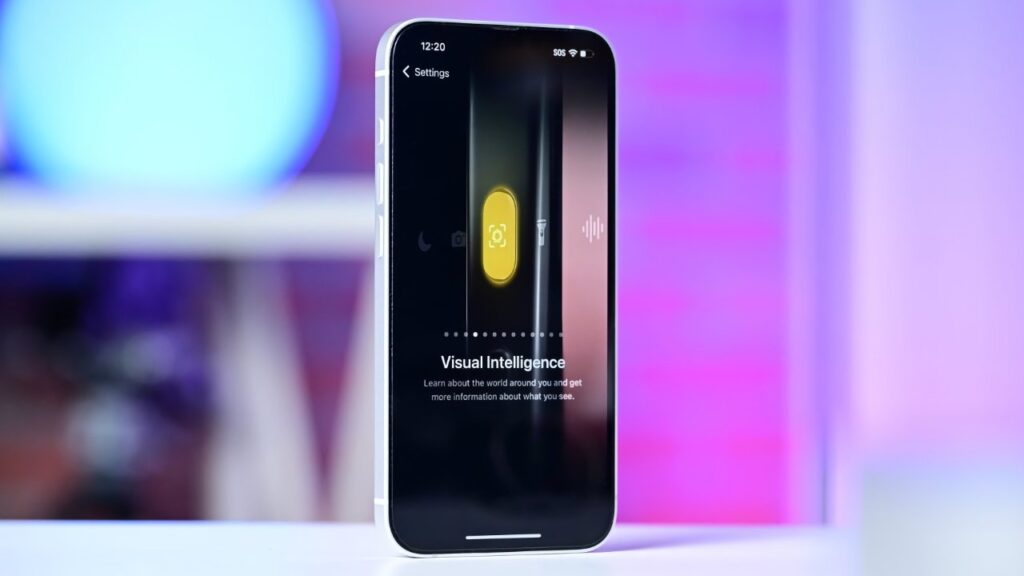

Tata has opened a new iPhone factory in India, while a new Foxconn operation is now just days away from being operational, but it’s continuing Apple’s years of moving away from China, rather than being a response to the “reciprocal” tariffs.
Apple’s iPhone 16e is among the models to be built by a new Foxconn plant in India
Tata’s new iPhone plant has been planned since 2024, when it bought Pegatron’s facility in Hosur in Tamil Nadu. That sale happened after a fire closed the factory, but Tata already owned an ex-Wistron iPhone plant and announced it would next build one itself.
Now according to Reuters, the new Tata facility in Hosur is operational. It has reportedly begun manufacturing within the last few days, and is producing older iPhone models.
Continue Reading on AppleInsider | Discuss on our Forums






